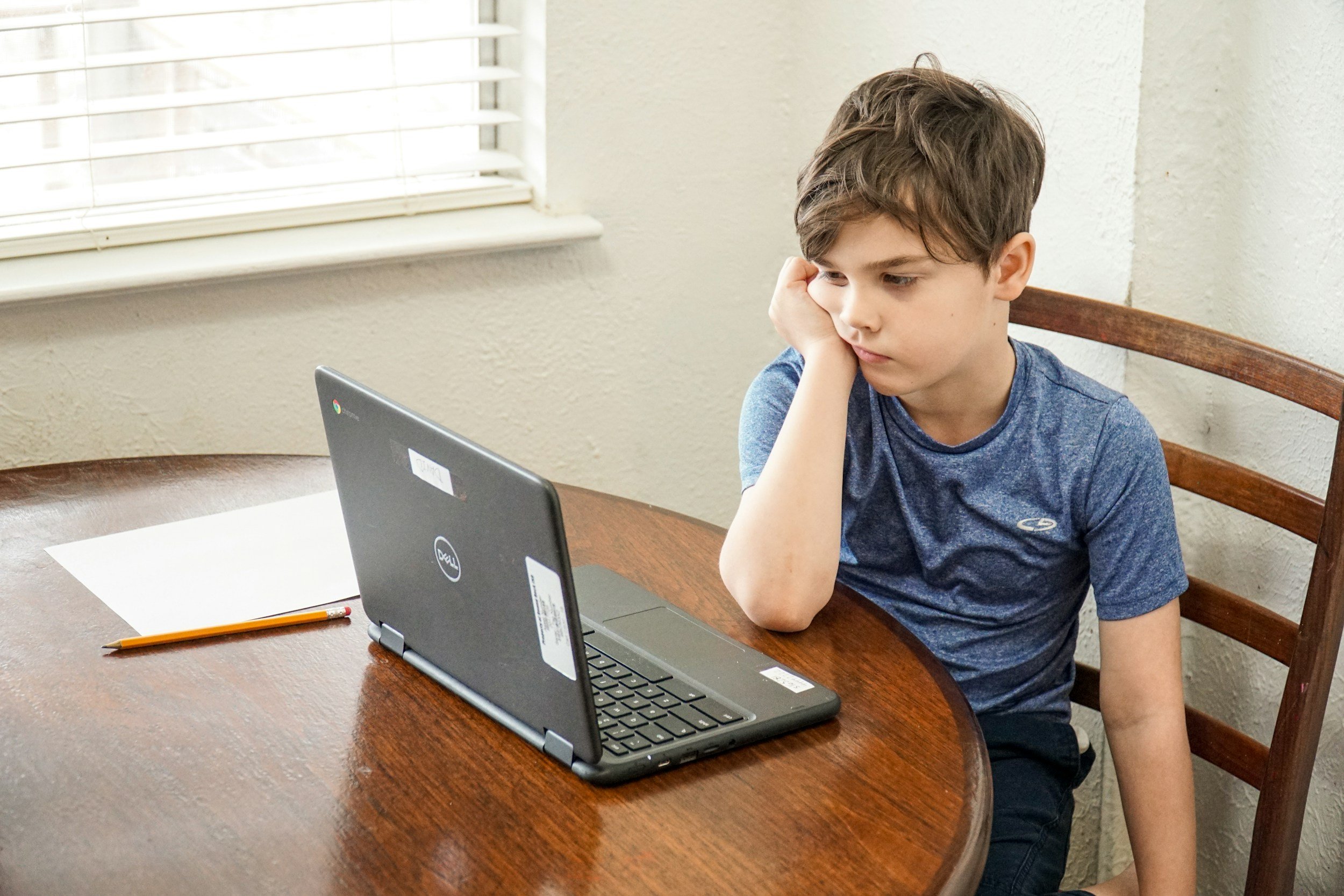The MicroStep Minute
Parent Resources
Improve your parenting in just a few minutes with easy action steps backed by brain science and simplified for busy parents.

Why “More Time With Our Kids” Isn’t Always the Answer
More time with your child doesn’t always mean better connection. True growth comes when kids feel both supported and trusted to stretch their independence—knowing you're still their home base.

Elevate and Inspire: The Power of Expectations
Your child becomes who you believe them to be.

The Who Needs What Moment
Feel like you need your kid to behave so you can feel better? That’s your cue to pause. In “The Who Needs What Moment,” learn how naming your need and inviting your child into the solution builds trust, not tension.

Connecting Even When You Can't
So many moms come to me and ask, "Why won't my daughter share more with me?" Very often, it’s not about catching her at the perfect moment.

Reflections on the U.S. Surgeon General’s Report Parenting Under Pressure
Parenting today is harder than ever—and the U.S. Surgeon General’s report confirms it. This post reflects on the rising stress parents face and offers a powerful reminder: you don’t have to do more, you just have to feel less alone. Small moments of connection and support matter more than we think.

Letting Go of the Perfect Mom Ideal Dismantling Perfectionism
Chasing perfect parenting leaves moms exhausted and disconnected. This post encourages letting go of unrealistic expectations and embracing real, messy moments — because your kids don’t need a perfect mom, they just need you.

Stop and Smell the Candy Canes
The holidays can feel overwhelming, but small moments of presence matter more than perfection. This post invites parents to slow down, savor connection, and let go of doing it all—because joy lives in the little things.

Parenting Resolutions: Small Acts, Big Impact
Big parenting changes rarely stick — but small, consistent actions can have a huge impact. This post shows how tiny shifts in how you show up every day matter more than grand resolutions. Little moments create lasting connection.

The Ten Minute Moment: One Secret to Happier Kids (and Parents!)
Just ten minutes of focused, one-on-one time can boost your child’s confidence, reduce meltdowns, and strengthen your bond. It’s not about quantity—it’s about presence. One small moment, done consistently, can change everything.

What Really Shapes Our Kids Isn’t What You Think
We mark the milestones—but it’s the quiet, ordinary moments that shape who our kids become.

Ditch Multitasking for Better Parenting
The benefits of multitasking are a powerful but deceptive illusion that creates a recipe for disaster (especially for moms). Being curious in a 'single-tasking' moment makes children feel cared for, supported, and loved.

Getting Comfortable with the Uncomfortable
When our kids feel frustrated, disappointed, or even outraged, we feel it too. Their discomfort is uncomfortable for us. Here’s why we shouldn’t (always) try to fix, justify, or over-explain for their comfort.

Put a pin in your story and listen for your child’s instead.
Vacations offer a reset, but returning to routine often brings stress and power struggles. When kids resist, parents, already overwhelmed, tend to focus on their own frustration. Instead, a simple MicroStep—pausing to validate and problem-solve—turns conflict into connection.

The Art of the Refusal: When Kids Say No and What to Do About It
When kids refuse to cooperate, it's easy to fall into power struggles—explaining, yelling, giving in, or bribing. But these common responses only reinforce resistance. Instead, shift the dynamic with clear expectations, simple choices, and natural consequences. When refusals stop working, kids stop using them, making everyday battles a thing of the past.

Kids' Behavior is a Symptom
Children's challenging behaviors are often symptoms of deeper issues. Explore practical strategies to help parents address the root causes and build stronger connections.

Kids Are Our Expectations
Parental expectations shape a child growth. By balancing encouragement with understanding, parents can create an environment where children thrive.

